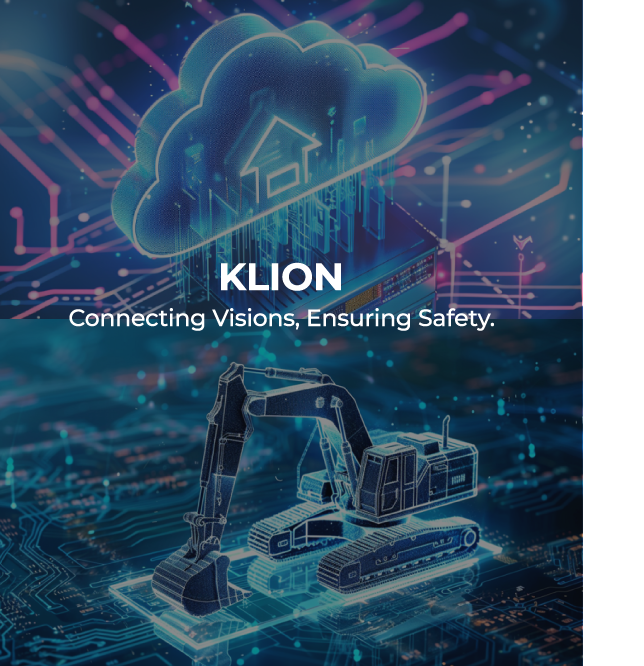
When it comes to the development of off-highway
vehicles, the concept of decoupling hardware and software becomes particularly relevant and beneficial. Off-highway vehicles, such as agricultural machinery, construction equipment, and mining vehicles, often operate in challenging and dynamic environments, requiring robust and adaptable technologies.
Decoupling hardware and software offers significant
advantages that can directly impact the cost, modularity,
scalability, maintenance, and upgradability of these
machines. The flexibility gained from separating hardware and
software allows for increased reusability, and accelerated
evolution, crucial in an industry where both hardware
and software components must continually adapt to meet
ever-changing demands and regulations.
Decoupling hardware and software can lead to improved scalability and modularity for any embedded applications
with a certain level of complexity. Off-highway vehicles often require specialized hardware to operate effectively in
diverse terrains and conditions. Decoupling hardware and software makes upgrading or replacing specific components
easier without necessitating extensive changes to the overall system. This agility can result in vehicles that can be
optimized for performance, efficiency, and safety without being constrained by the limitations of tightly integrated
hardware and software.
Additionally, in the off-highway vehicle industry where uptime and reliability are paramount, the easier maintenance
and troubleshooting provided by decoupling hardware and software are particularly valuable. With well-defined architecture
and interfaces between hardware and software, diagnosing and addressing issues becomes more efficient, reducing downtime
and maintenance costs. This can directly impact productivity and operational efficiency, ensuring that off-highway vehicles
remain operational and productive in demanding environments.
Moreover, decoupling hardware and software in developing off-highway vehicles facilitates collaboration and innovation.
Different teams and suppliers working on hardware or software components for the machinery can do so more effectively
when clear boundaries and interfaces exist between them. This can result in the faster development of cutting-edge
technology that improves vehicle performance, safety, and usability.
Overall, for the development of off-highway vehicles, the benefits of decoupling hardware and software are instrumental
in creating vehicles that are not only technologically advanced but also adaptable, reliable, and efficient in the face of
evolving industry demands and external challenges.As off-highway vehicles continue to evolve, decoupling these components
will be integral to developing next-generation vehicles that meet the diverse needs of various industries.
In the next article, we will look at some approaches to implementing effective hardware and software decoupling strategies.
-
PREV No previous post.
-
NEXT [Article] Hardware and software decoupling lessons learned from other industries